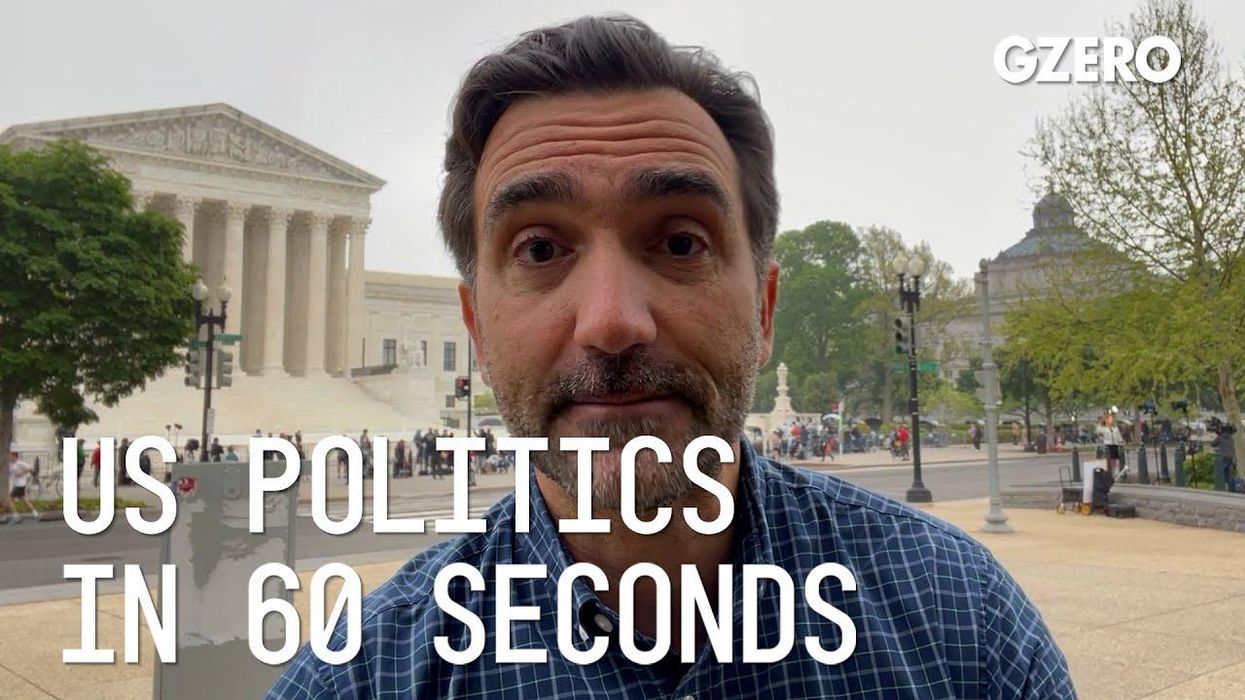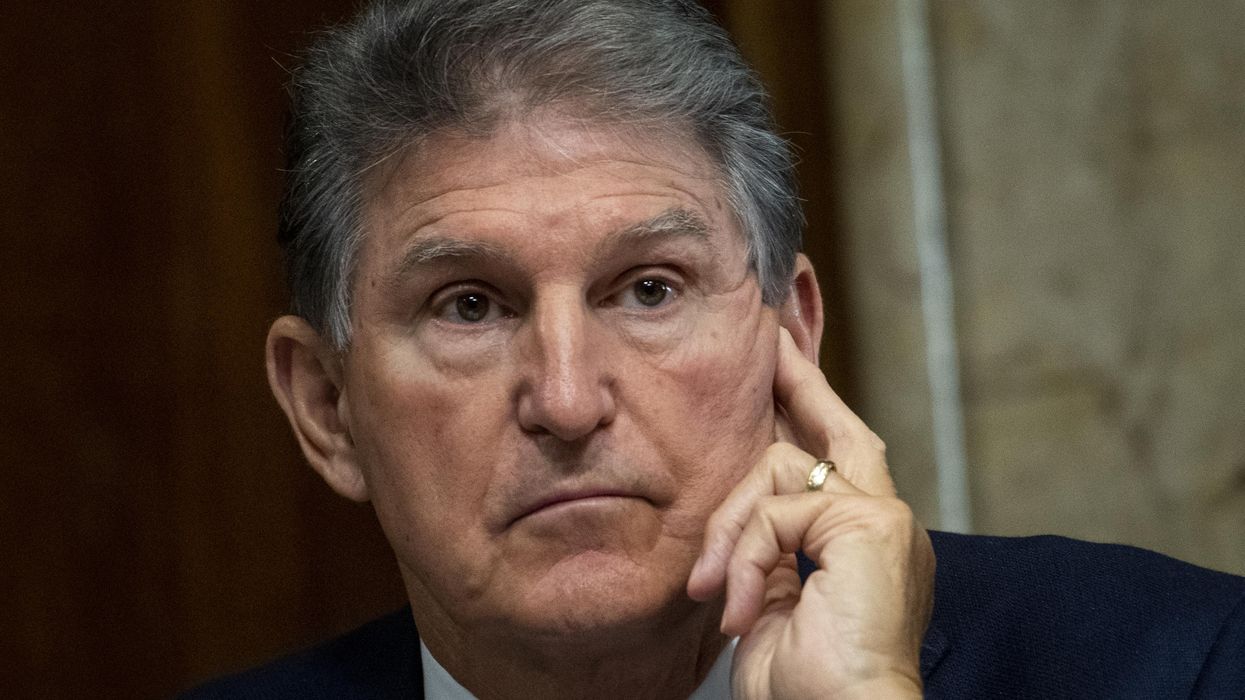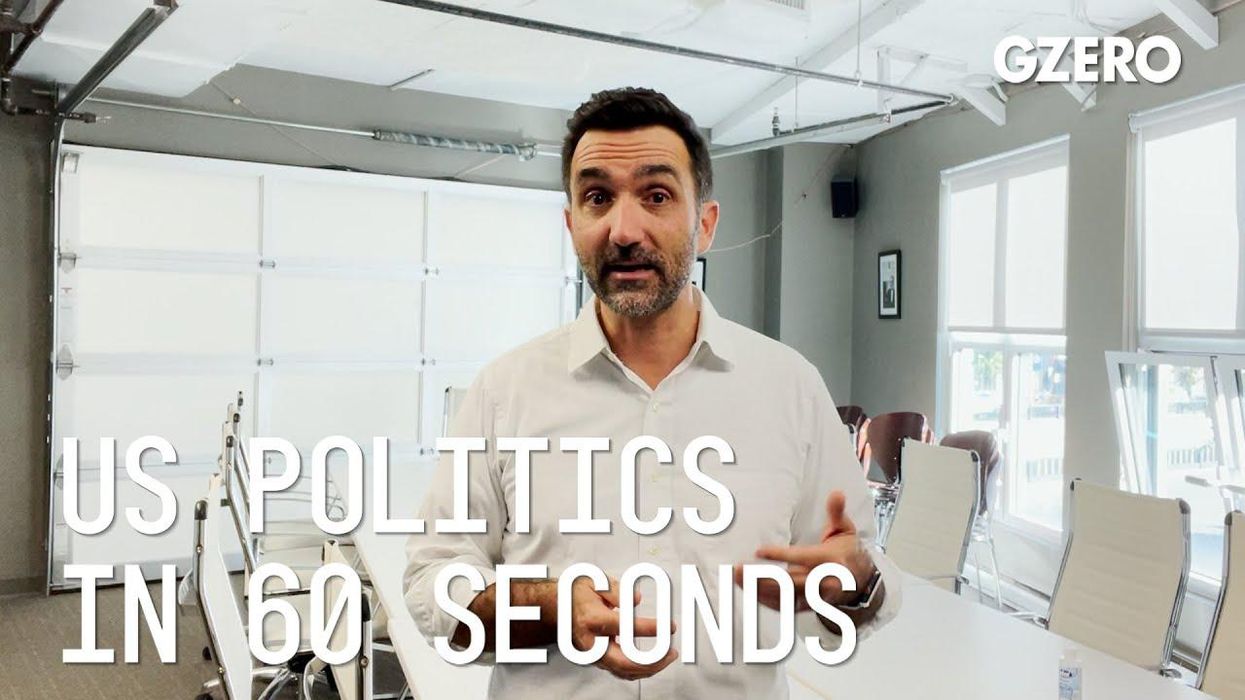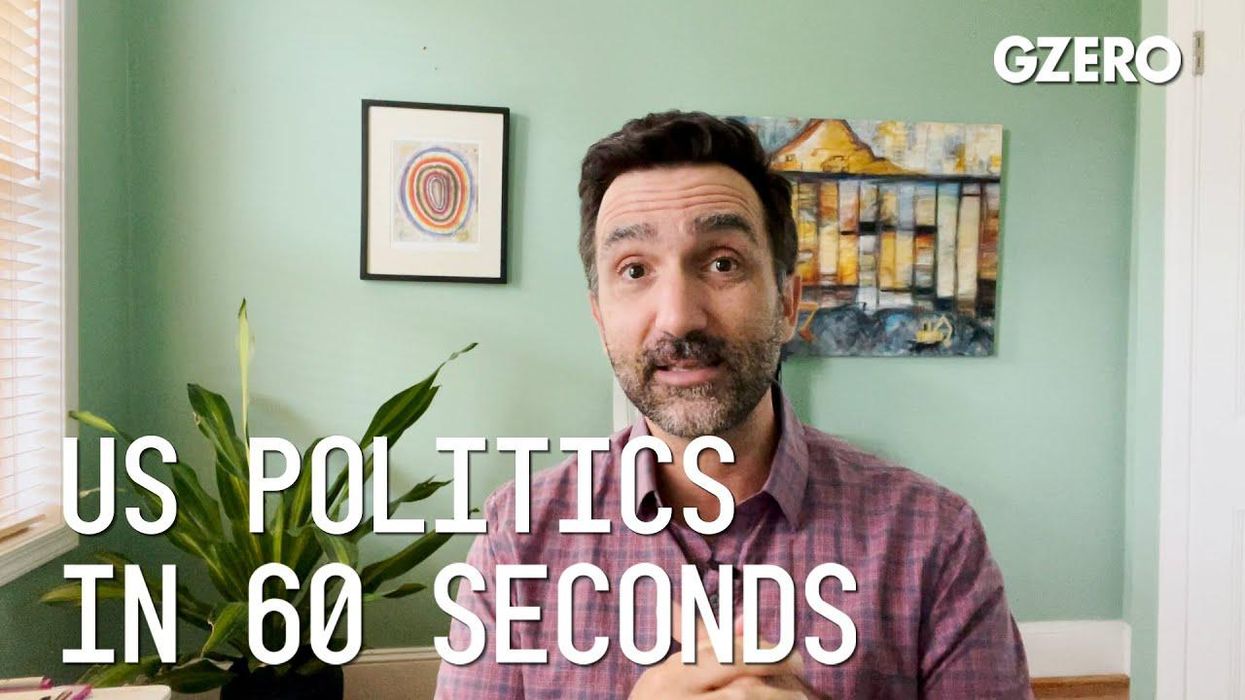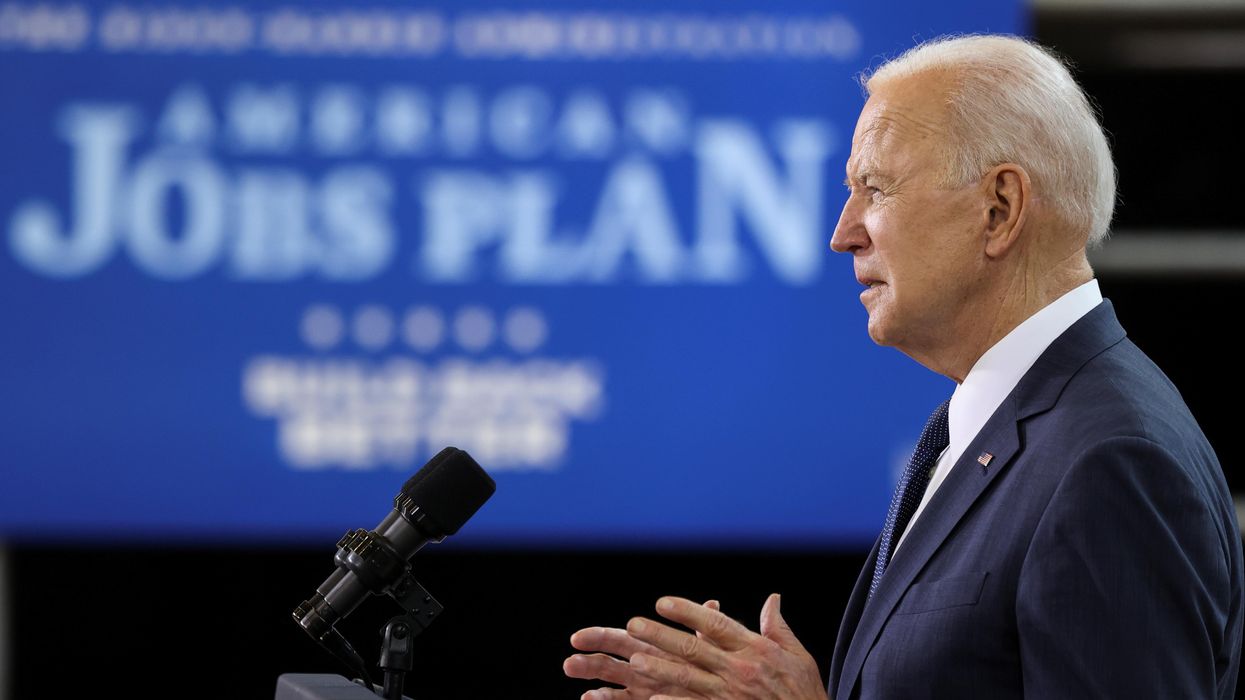US Politics In 60 Seconds
SCOTUS leak on abortion decision: impacts midterms and beyond
What does the abortion ruling mean for US politics? Jon Lieber, head of Eurasia Group's coverage of political and policy developments in Washington, shares his perspective.
May 03, 2022
